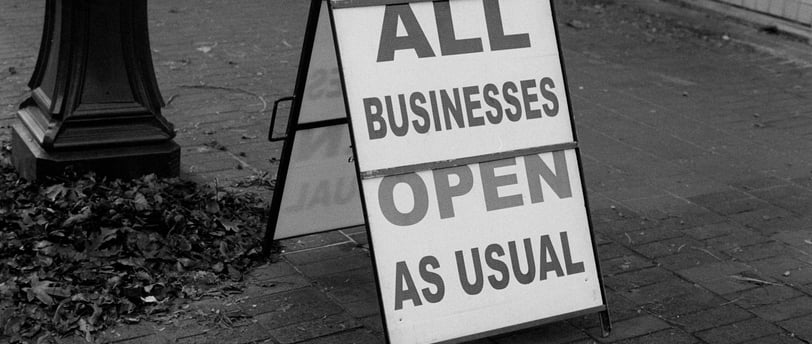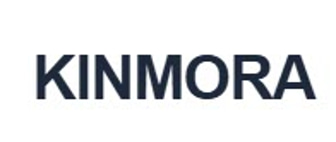"You need to get some coaching, or my team and I will leave."
The incredible confidence that made him successful also had a blind spot: He believed he always had the correct answer and that it was his job to convince others of his plan
6/13/20252 min read


I recently worked with a successful and competent founder who reached out with something that had become an issue. Anytime someone raised an issue, he felt it criticised him, he would explain how he was right and argue back. He was stuck with a mindset that it didn't matter what anyone said—he would not change his mind because he knew what he did was right. He was constantly defending himself. When we started, one of his most trusted team members told him, "You need to get some coaching, or my team and I will leave."
Our first session started with a simple question: What are your top five mistakes over the last 12 months? He had no problem coming up with far more than that.
So I followed up: For each of those mistakes, was there someone who actually saw this coming and flagged it for you?
One by one, we went through each case. Every time, it became clear that more than one person had spoken up—and all had been beaten back with a raft of arguments about why he shouldn't listen to them.
The cost became crystal clear: missed signals, wasted time, and, most importantly, major costs to the company that could have been avoided.
From there, we started to work on how he could learn to be open to feedback. Not to see every question as an attack on his authority, but instead that it can be a shortcut to deeper insight.
The incredible confidence that made him successful also had a blind spot: He believed he always had the correct answer and that it was his job to convince others of his plan. Combined with impatience triggered by incorrect facts or mistakes, he started to dismiss people's views even before hearing them.
The shift: He started asking "How?" and "What?" instead of just defending his position.
He's still on his journey. He doesn't always agree with his team's feedback, but he sees that being open to listening to others and understanding his own overconfidence makes him less likely to make mistakes. He started to own and master his inner critic.
The result: His team now feels more empowered and more invested in his company. It makes him faster, wiser, and—something that surprises him daily—a far more trusted leader.
How does your Authentic confidence look? What's one leadership challenge where your inner critic is louder than your inner coach? If you are interested in a free confidence assessment, please drop me a line.
